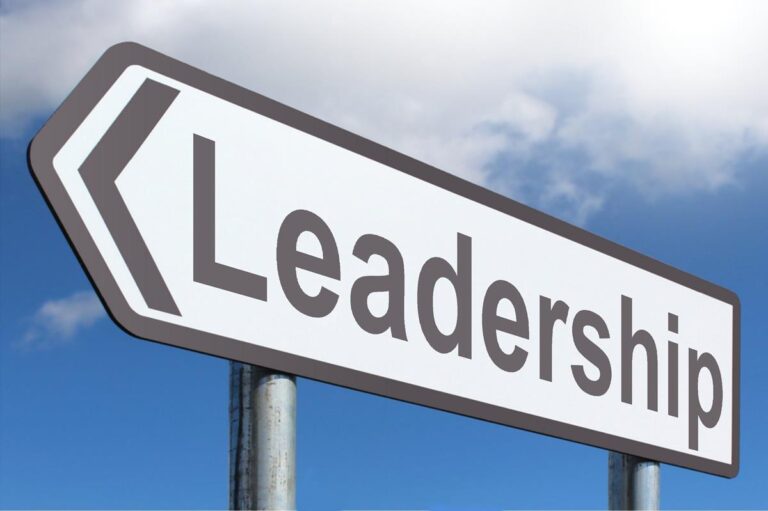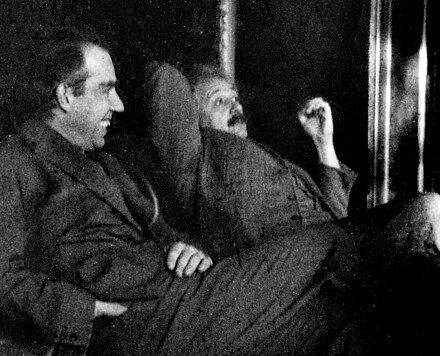Global Alliances Are More Important Than Ever
Global Alliances Are More Important Than Ever
By Eli Amdur
You have a decision to make.
You’re a major trader of goods over established trade routes or you’re a land baron controlling resources – timber, furs, grains, textiles, chalk – that proliferate across your expansive lands and numerous ports in central and northern Europe. You have come under increasing pressure over the last 30 years or so from trade competition, new trade routes, the need for new classes of goods, and hostile forces like pirates and invaders.
The year is somewhere around 1175 and new worlds and markets still haven’t opened because Marco Polo hasn’t shown up yet, let alone Christopher Columbus, and Johannes Gutenberg’s printing press, the great expander of the world’s knowledge, is still nearly 300 years away. Your world, as you know it, isn’t global. It’s narrowly parochial, but surely becoming regional and increasingly difficult to manage. What do you do?
Essentially, your decision comes down to this. Do you go it alone or do you align yourself with other complementary interests, confident that there is strength in numbers and opportunity in expanding your reach? Not a difficult choice.
Rise of the Hanseatic League
What you’ve done is join the Hanseatic League, a medieval commercial and defensive confederation of merchant guilds and market towns (both coastal and inland) in central and northern Europe. Growing from a handful of northern German towns in the mid to late 12th century, the League expanded between the 13th and 15th centuries and ultimately encompassed nearly 200 settlements across nine modern-day countries: Estonia, Latvia, Russia, Sweden, Poland, Germany, The Netherlands, Belgium, and the United Kingdom. All without instant global communication, no less. Ideals were ideals after all.
The League, originally a loose association of smaller commercial interests, coalesced to form what became the predominant global trading interest, not only promoting trade, but supplying defense and protection. Hanseatic League traders enjoyed toll privileges, protection in affiliated communities and their trade routes, economic interdependence, and all sorts of alliances between ruling families, otherwise known today as good foreign relations. Ultimately, the League operated under common
regulations and codes. During its heyday, the League dominated trade in the North and Baltic Seas. There was no doubt about its benefits.
Fast forward 850 years
It’s hard to think of anything that hasn’t changed in the world since the 12th century until, of course, we think of things like alliances, leagues, treaties, unions, and guilds. Unless polluted by politics or corrupted by personal interests, these organizations were established for – and always served – the benefits of their members.
Leading alliances of the 20th century include NATO, the United Nations, Benelux (still in existence, but nominally), the European Union, the United Arab Emirates, the Trans Pacific Partnership (entered into by President Obama, withdrawn by President Trump, and now operating without the U.S.), and BRICS.
The numbers make the case.
Originally BRIC – an acronym for Brazil, Russia, India, China – it soon added South Africa. Now, let’s do some addition. The original four countries have a combined population of 3.274 billion people, or 40.65% of the people who inhabit this globe. (Source: United Nations) Their combined GDP of $23.899 trillion (Source: United Nations) is 24.72% of the world’s output. That’s a powerful block, even larger when we add in the remainder of the now 12 BRICS countries.
On the other hand, the combined population of the 31 NATO states is 958.935 billion people, or 11.92% of the world’s population, with a combined GDP of $49.818 trillion (Source: NATO), comprising 51.62% of the world’s economic output.
In light of these numbers, ex-president Donald Trump’s remarks about abandoning NATO countries that fail to allocate 2% of their GDP to NATO defense – and encouraging aggressors to “do whatever the hell they want” – seem to miss the whole point of an alliance.
Military defense is not the only issue, as the history of the Hanseatic League teaches us.



